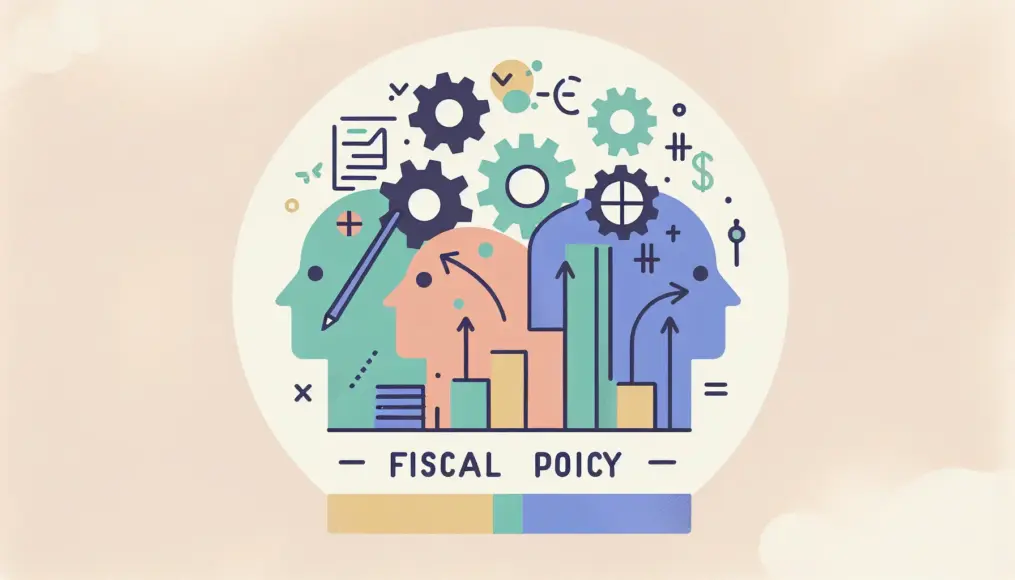Our lives are deeply intertwined with the natural environment. Yet, as environmental issues escalate, many of us find ourselves grappling with how to take meaningful action. Environmental conservation is essential for building a sustainable society. In this article, we’ll explore the current state of environmental challenges and consider the steps we can take to make a difference.
Understanding the importance of environmental conservation is crucial. Small actions in our daily lives can accumulate to create significant change. Each of us has the power to protect the environment for future generations, and that’s an essential responsibility we should all embrace.
- We’ll discuss the significance of environmental conservation and its benefits.
- We’ll share how environmental issues relate to our everyday lives.
- We’ll introduce the latest technologies and policies in environmental conservation.
The Importance of Environmental Conservation
Our planet is facing a multitude of challenges. Issues such as climate change, ecosystem destruction, and resource depletion are all significant problems that impact our daily lives. Environmental conservation is a crucial means of addressing these challenges and forming a sustainable society. In this section, we will explore why environmental conservation is important and the benefits it brings to us.
Striving for a Sustainable Society
A sustainable society refers to a state where the current generation’s needs are met without compromising the ability of future generations to meet their own needs. Protecting the environment is essential for achieving such a society. For instance, utilizing renewable energy sources and promoting recycling are effective ways to reduce environmental impact and encourage sustainable development. By engaging in environmental conservation, we can pass on a beautiful planet to future generations.
Moreover, establishing a sustainable society positively influences other areas, such as the economy, health, and education. The adoption of eco-friendly technologies can create new business opportunities, enriching society as a whole and enhancing our quality of life.
- A sustainable society preserves resources for future generations.
- Environmental conservation contributes to economic development.
- Eco-friendly technologies foster new business ventures.
The Benefits of Environmental Conservation
Efforts in environmental conservation directly benefit our lives. First and foremost, maintaining a healthy environment ensures a safe living space. Clean air, water, and rich natural surroundings are essential for our physical and mental well-being. As environmental issues improve, the risk of diseases decreases, allowing us to enjoy a more comfortable life.
Additionally, environmental conservation has a positive impact on the economy. The demand for eco-conscious products and services is rising, leading to business growth. Furthermore, working on environmental conservation strengthens community bonds and fosters a collaborative spirit in tackling shared problems.
- A healthy living environment is secured.
- Economic growth is stimulated.
- Community bonds are strengthened.
The Connection Between Our Lives and Environmental Issues
At first glance, it might seem like our daily lives have nothing to do with environmental issues. However, our actions and choices profoundly impact the environment. From our shopping habits and meal choices to the modes of transportation we use, everything we do affects the planet in one way or another. In this section, we’ll explore the hidden environmental impacts of our daily lives and how individual actions can contribute to environmental conservation.
The Environmental Impact Hidden in Our Daily Lives
Many of our everyday actions unknowingly affect the environment. For instance, the use of plastic products and food waste directly contribute to environmental degradation. Plastic can take hundreds of years to decompose, leading to marine pollution and the destruction of ecosystems. Additionally, food waste squanders resources and exacerbates environmental issues.
Reassessing these behaviors is the first step towards contributing to environmental conservation. By carrying reusable bags, we can reduce plastic usage, and by purchasing only the necessary amount of food, we can minimize waste. Small efforts like these can make a big difference in preserving the environment.
- Everyday choices impact the environment
- Plastic use and food waste worsen environmental issues
- Small actions contribute to environmental conservation
The Power of Individual Actions
Individual actions can wield more influence than we often realize. When each person makes environmentally conscious choices, it amplifies our collective impact. For example, participating in local cleanup efforts or choosing eco-friendly products can positively influence those around us.
Moreover, sharing information about environmental issues through social media or community groups can help raise awareness among others. Our actions can inspire those around us, creating a ripple effect that fosters even greater change. When individual efforts combine, they have the potential to spark significant movements toward environmental conservation.

If you found this article interesting, check out “Protecting Our Future! Discovering the Truth and Solutions to Environmental Issues” for a deeper dive into the background of environmental issues and actionable solutions you can implement in your daily life.
- Individual actions amplify collective impact
- Eco-friendly choices positively influence others
- A ripple effect can lead to substantial change
Cutting-Edge Environmental Conservation Technologies
As awareness of environmental issues grows, we now have access to a variety of technologies that help us tackle these challenges head-on. Notably, advancements in renewable energy and smart technologies are becoming powerful allies in the fight to protect our planet. In this section, we’ll explore how the latest technologies are contributing to environmental conservation.
Advancements in Renewable Energy
Renewable energy sources, such as solar, wind, and hydropower, harness the power of nature. These sources are crucial alternatives for achieving sustainable energy supply without relying on fossil fuels. In recent years, technological advancements have significantly improved the efficiency of renewable energy while also reducing costs.
For instance, the widespread adoption of solar power has made it easier for households to generate their own energy. This capability allows people to take control of their energy management without depending solely on electric companies. Utilizing renewable energy marks a vital step toward a more sustainable way of life.
- Renewable energy does not rely on fossil fuels
- Technological advances have improved efficiency and reduced costs
- Self-sufficient energy management is now possible
Smart Technology and Environmental Protection
Smart technology enhances our lives in many ways, and it also plays an important role in environmental protection. By leveraging IoT (Internet of Things) technologies, we can monitor energy usage in real-time, helping to minimize waste. For example, smart meters provide accurate insights into your home’s electricity consumption, allowing for more efficient energy use.
Furthermore, the rise of self-driving and electric vehicles is another means of reducing our environmental impact. These vehicles can significantly lower carbon dioxide emissions compared to traditional internal combustion engine cars. With advancements in smart technology, we can look forward to a future where our lifestyles are increasingly eco-friendly.
- Smart technology streamlines energy management
- Self-driving and electric vehicles reduce environmental burden
- Technological advancements enable sustainable living
Policies and Initiatives for Addressing Environmental Issues
Environmental problems are significant challenges that are difficult to tackle with individual efforts alone. It’s crucial to understand how governments and local communities are responding to these issues. Policies and civic activities can serve as powerful tools for environmental conservation. In this section, we will explore the role of government, relevant policies, and the initiatives taken by citizens and communities.
The Role of Government and Policies
Governments play a vital role in formulating and implementing policies aimed at environmental conservation. For instance, there are subsidy programs designed to promote the adoption of renewable energy, as well as support measures for companies that prioritize environmental considerations. These initiatives enable more individuals and businesses to make eco-friendly choices.
Moreover, international cooperation is essential in addressing environmental issues. When countries come together to collaborate on conservation efforts, they can identify more effective solutions. Since environmental protection transcends borders, the government’s role is becoming increasingly significant.
- Governments formulate policies for environmental conservation
- There are systems in place to encourage the adoption of renewable energy
- International cooperation is vital for solving environmental problems
Civic Activities and Community Initiatives
Civic activities and community initiatives also play a crucial role in addressing environmental challenges. Through local clean-up events and environmental education programs, active citizen participation helps raise awareness about environmental issues. This collective effort enables entire communities to engage in conservation activities.
Additionally, there are initiatives that leverage local characteristics. For example, eco-festivals featuring local produce or events promoting recycling efforts showcase how communities can come together. Such activities not only strengthen community ties but also contribute to environmental preservation. The actions of each individual can enrich the community and lead to solutions for environmental issues.
- Civic activities raise environmental awareness
- Initiatives that leverage local characteristics exist
- Citizens’ actions contribute to solving local environmental issues
Conclusion
Environmental issues are a significant challenge that deeply affects our lives. To build a sustainable society, we must actively engage in efforts aimed at environmental conservation. Each of us can contribute to creating a better future by being mindful in our daily actions and collaborating with government initiatives and local efforts.
The latest advancements in environmental conservation technologies and policies also play a vital role in supporting our endeavors. By harnessing renewable energy and smart technology, we can achieve an eco-friendly lifestyle. Let’s come together to explore what we can do to protect our planet for future generations.
- Environmental conservation is crucial for safeguarding our future
- Mindful actions in daily life can lead to impactful results
- Collaborating with government and local initiatives is key to finding solutions
Why not take the first step to protect the environment starting today? We’d love to hear your thoughts and efforts in the comments!



Comment